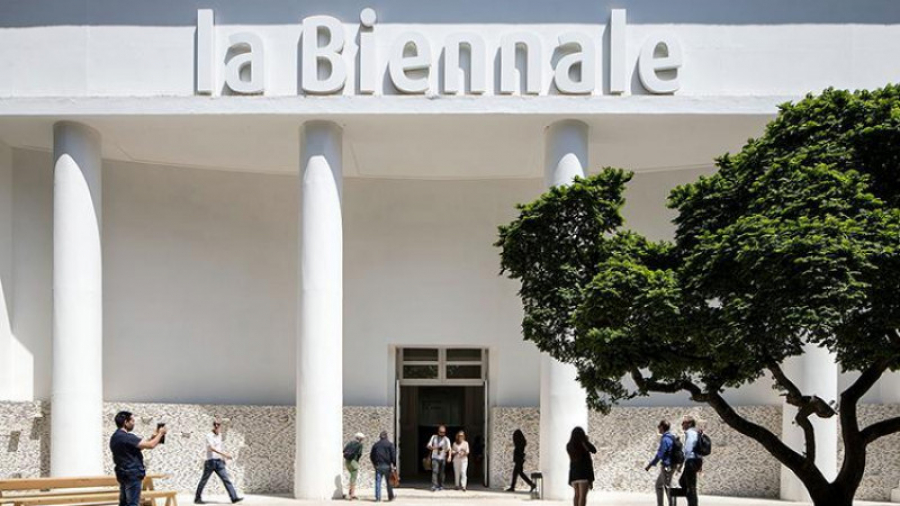
A Kazakh project has entered the top five global brain disease diagnosis startups. The ranking was compiled by StartUs Insights, an Austrian Discovery Platform which covers more than 2.5 million developments. The selected startups are focused on studying autism spectrum disorders, diagnosing strokes, detecting the early stages of Alzheimer's disease, and screening for non-convulsive seizures. The rating is based on criteria such as a founding year, location, funding raised, and more.
In addition to ranking among the top five brain disease diagnosis tools in the world, the Kazakh medical technology project's achievements include joining the Intel Program for startups that develop innovative solutions for accelerated computing. This will provide the domestic team with access to information, exclusive training sessions, and the whole ecosystem. They can also use the full computing infrastructure, including software tools, loans, and expert support. The global giant will also help the Kazakh developers to promote their product. So far, this startup is the first and only domestic project to participate in the program.
“They will provide us with a mentor, as well as assist to completely improve our technology, such as artificial intelligence or machine learning. Besides, they will help us with processing power, as well as provide their cloud solutions free of charge. This is the first stage when we receive technical assistance. Besides, they have other accelerators to support and develop startups,” said Chief Operating Officer Zhandos Yembergenov.
The Kazakh MedTech development can detect strokes within 10 minutes. The project is now successfully operating in 26 specialized centres throughout Kazakhstan. There are plans to install the software in all such institutions in the country. It is worth noting that the domestic startup has also been launched in a pilot mode in hospitals in Uzbekistan.
“A person with a suspected stroke is hospitalized in stroke centers or other clinics where we have MRI and CT. After a computed tomography scanning in a stroke center, connected to our software, this CT scanner automatically sends an image to our server. Next the artificial intelligence, an algorithm, analyzes this image within three minutes and sends the results to a mobile application or to the DESKTOP applications of doctors and radiologists,” Yembergenov added.
Now, Kazakh medical artificial intelligence engineers have set their sights on the US investment market. They hope to gain support from the local startup community.









